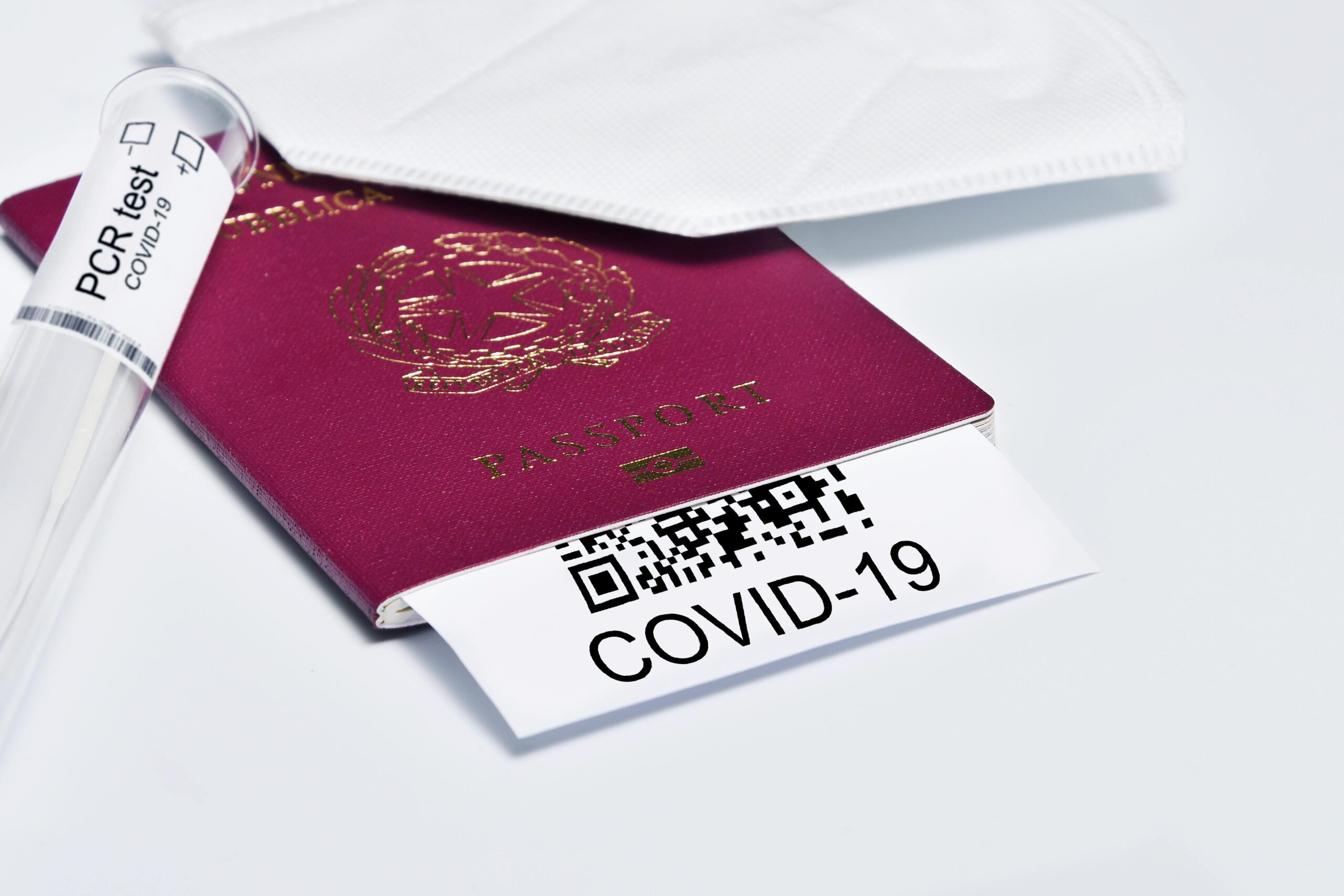Table of Contents
- Introduction: Navigating the Complexities of Canadian Immigration
- The Definitive Canadian Immigration Application Process: A Step-by-Step Overview
- Strategic Document Preparation: Avoiding Costly Errors
- Deciphering Eligibility Requirements: Understanding the Fine Print
- Steering Clear of Common Mistakes: Practical Tips for a Successful Application
- When to Seek Expert Assistance: Knowing Your Limits
Introduction: Navigating the Complexities of Canadian Immigration
The journey to immigrate to Canada can seem like navigating a maze. The rules, regulations, and application processes can be overwhelming. Canada, with its diverse culture and economic opportunities, remains a top destination for individuals and families seeking a better life. However, successfully immigrating requires careful planning, meticulous preparation, and a thorough understanding of the Canadian immigration system. This guide provides a detailed overview of the Canadian immigration application process, offering practical tips and expert insights to maximize the chances of a successful outcome.
The Canadian immigration landscape is constantly evolving, with changes to programs, eligibility criteria, and processing times. Staying informed and adapting to these changes is crucial for anyone considering immigration. Whether you are applying for permanent residence through Express Entry, family sponsorship, or a provincial nominee program, understanding the intricacies of each pathway is essential. Moreover, addressing potential challenges and avoiding common pitfalls can significantly improve your application’s chances of success.
The Definitive Canadian Immigration Application Process: A Step-by-Step Overview
The Canadian immigration application process typically involves several key stages, each requiring careful attention to detail.
- Determine Eligibility: The first step is to assess whether you meet the eligibility criteria for a specific immigration program. This involves evaluating factors such as age, education, work experience, language proficiency, and adaptability.
- Gather Required Documents: Once you’ve determined your eligibility, you need to gather all the necessary documents to support your application. This may include passports, educational transcripts, employment records, language test results, and police clearance certificates.
- Complete the Application Forms: Fill out the application forms accurately and completely. Ensure that all information provided is consistent and verifiable.
- Pay the Application Fees: Pay the required application fees according to the instructions provided by Immigration, Refugees and Citizenship Canada (IRCC).
- Submit the Application: Submit your completed application package to IRCC through the designated online portal or mailing address.
- Attend an Interview (if required): In some cases, you may be required to attend an interview with an immigration officer to verify the information provided in your application.
- Medical Examination and Background Checks: Undergo a medical examination and background checks as required by IRCC.
- Receive a Decision: Await a decision on your application. If approved, you will receive instructions on the next steps, such as obtaining your permanent resident visa or work permit.
Strategic Document Preparation: Avoiding Costly Errors
One of the most critical aspects of the Canadian immigration application process is the preparation of supporting documents. Errors or omissions in your documentation can lead to delays or even rejection of your application. Here are some key considerations for document preparation:
- Accuracy: Ensure that all information provided in your documents is accurate and consistent with the information provided in your application forms.
- Completeness: Include all required documents as specified by IRCC. Missing documents can cause significant delays.
- Translations: If any of your documents are not in English or French, provide certified translations along with the original documents.
- Authenticity: Only submit genuine documents. Providing fraudulent or altered documents can have severe consequences, including a ban from entering Canada.
- Organization: Organize your documents in a clear and logical manner. Label each document appropriately to facilitate easy review by immigration officers.
Deciphering Eligibility Requirements: Understanding the Fine Print
Each Canadian immigration program has specific eligibility requirements that applicants must meet. These requirements vary depending on the program and may include factors such as:
- Age: Some programs have age restrictions or offer more points to younger applicants.
- Education: Most programs require a certain level of education, such as a high school diploma or a university degree.
- Work Experience: Skilled worker programs typically require a minimum amount of work experience in a specific occupation.
- Language Proficiency: Applicants must demonstrate proficiency in English or French through standardized language tests such as IELTS or CELPIP.
- Adaptability: Factors such as previous study or work experience in Canada, or having family members who are Canadian citizens or permanent residents, can enhance your adaptability score.
Understanding these requirements and accurately assessing your qualifications is essential for choosing the right immigration pathway. Carefully review the eligibility criteria for each program and gather the necessary documentation to support your claims.
Steering Clear of Common Mistakes: Practical Tips for a Successful Application
Many applicants make common mistakes that can jeopardize their Canadian immigration applications. Here are some practical tips to avoid these pitfalls:
- Incomplete Applications: Ensure that you complete all sections of the application forms and provide all required documents.
- Misrepresentation: Provide accurate and truthful information. Misrepresentation, even unintentional, can result in your application being refused and a ban from entering Canada.
- Failure to Meet Deadlines: Submit your application and supporting documents within the specified deadlines.
- Lack of Understanding of the Program Requirements: Thoroughly research and understand the eligibility criteria and application process for the program you are applying under.
- Ignoring Communication from IRCC: Respond promptly to any requests for additional information or documentation from IRCC.
When to Seek Expert Assistance: Knowing Your Limits
While it is possible to navigate the Canadian immigration application process on your own, there are situations where seeking expert assistance from an immigration consultant or lawyer can be beneficial. Consider seeking professional help if:
- You have a complex immigration history or a criminal record.
- You are unsure about which immigration pathway is best suited for your situation.
- You have received a negative decision on a previous application.
- You are unfamiliar with Canadian immigration law and regulations.
A qualified immigration professional can provide valuable guidance, help you prepare your application, and represent your interests before IRCC.
Talk to us to find out more. ->
The content above is not intended to provide legal advice or opinions of any kind and may not be used for professional or commercial purposes.







